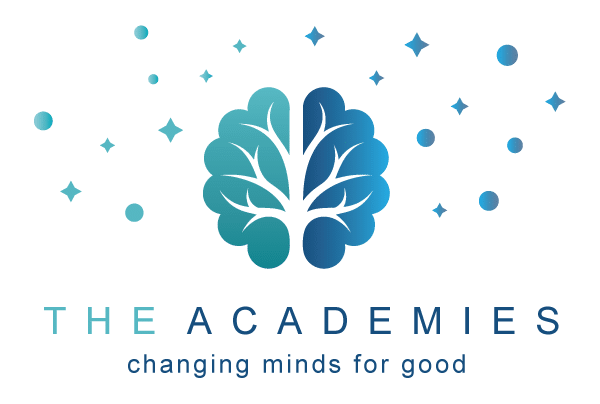It’s that time of year again! The calendar is turning to a new year and, like clockwork, the whole of human consciousness seems to be attuned to where we are in the timeline of our lives.
With that attunement, we often consider New Year’s Resolutions. We resolve to DO something differently, or we resolve to BE different in some way.
What’s the Link Between Our Brains and New Year’s Resolutions?
Some people love making those resolutions, and some people don’t.
Regardless of how you feel about New Year’s resolutions, here’s an invitation: Get curious about how your brain may feel about the principle behind New Year’s Resolutions.
The principle behind resolutions is that they focus your brain. We must think about what we are focusing on because the brain has a busy job. Neuroscientists say that the brain processes some 11 million bits of data every single second. That’s all done subconsciously — millions of bits of bits of data being processed every single second.
Whereas consciously, we can process only about 50 bits of data per second. That’s an astounding difference — 50 bits per second versus 11 million bits per second.
If our conscious brains can only process 50 bits of data per second, it behooves us to think seriously about what we want to give our attention to.
So if you’re thinking about resolutions, cooperate with that beautiful brain of yours. Remind it that a resolution is simply what you want to give your attention to.
And, if by chance, you get that negative narrative saboteur voice saying, “You haven’t done enough,” “You didn’t do it well enough,” “You’ll never nail this,” or “Just give up!” — whatever it might be — think about focusing back on the all-important question:
What Is It That I Want?
Don’t waste those 50 bits of data per second on what you don’t have yet, or what you didn’t do enough of. Instead, devote some of those 50 bits of data toward, “What is it that I want?”
Now, wouldn’t that be a lovely gift to give your brain, yourself, and this world more of? The things you want more of this year!
Bonus Coaching Tips:
If you’re coaching clients who are struggling with setting or staying focused on goals, consider a few of these questions and observations from the ICF Core Competency #7: Evokes Awareness:
- There seems to be a lot of focus on what you don’t want versus what you do want. What do you notice?
- What would need to change in your thinking for you to believe you can reach your goals?
- I hear this taking up a lot of your attention. What would it feel like to have this resolved?
- What do you want to give your focus to?
- I hear the inherent tension in this. How do you best manage tensions like this?
With that, I wish you a wonderful start to the new year ahead!
If you’d like to dive deeper into the neuroscience behind the ICF Core Competencies, follow our new Neuroscience Advantage in Coaching series! Here, we share articles that explore how brain biology and coaching intersect, providing powerful insights that encourage smarter coaching and lasting change.
With that, if you want to expand your professional and/or personal development in the new year and give your brain a wonderful boost, take a peek at our upcoming ICF-approved coaching courses. We offer courses for coaches at all levels in their coaching journey, and we proudly accept ACSTH and CCE transfer hours in our Level 1 and Level 2 Programs. We’d love to connect with you to explore your questions and curiosities about our neuroscience-based approach to coaching!
